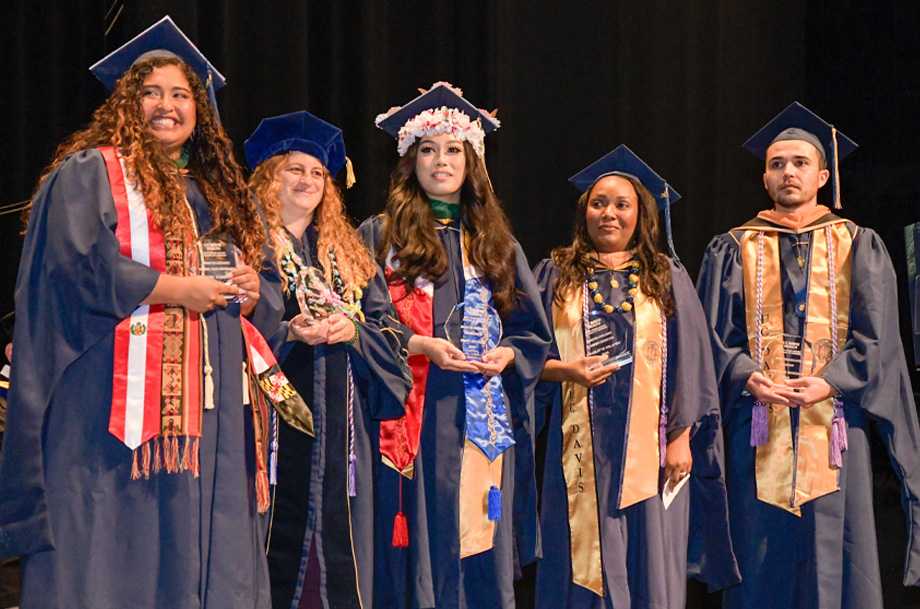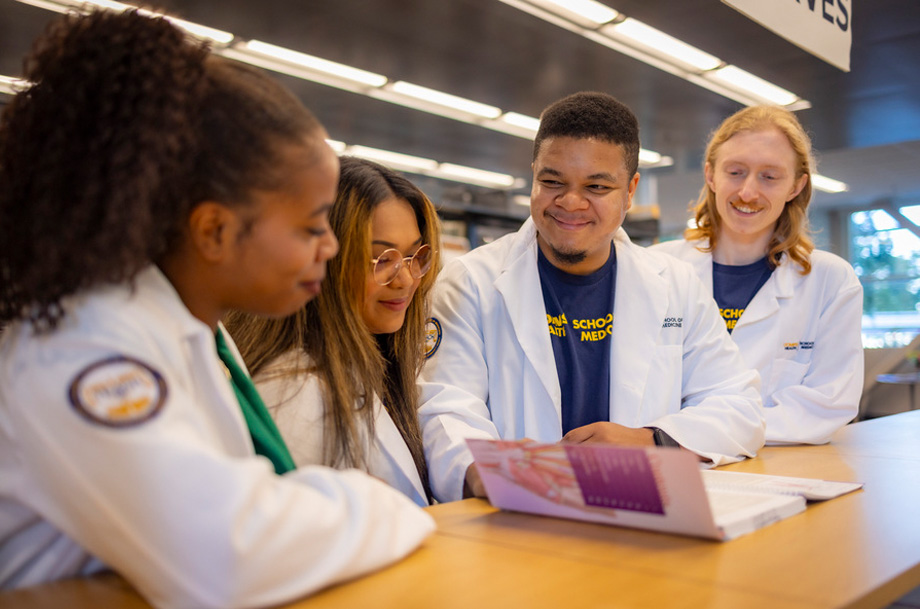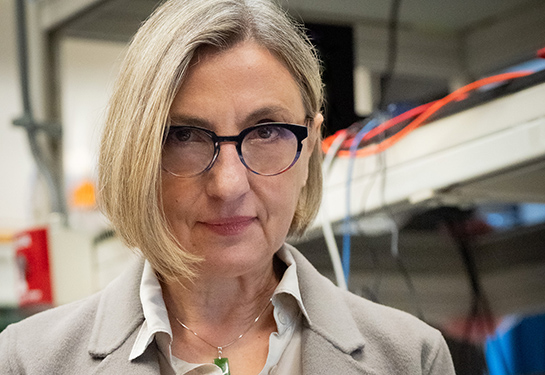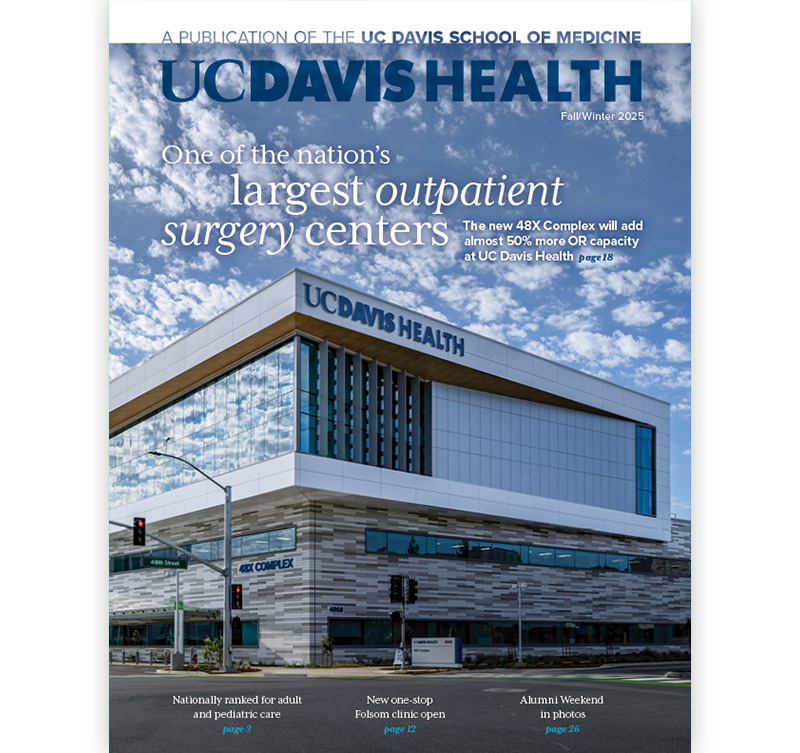UC Davis nursing and medical schools awarded for diversity education for third time
The 2024 Health Professions Higher Education Excellence in Diversity Award awarded to UC Davis Health
The Betty Irene Moore School of Nursing at UC Davis and UC Davis School of Medicine are among the nation’s top institutions in higher education for their commitment to diversity and inclusion. Receiving the 2024 Health Professions Higher Education Excellence in Diversity (HEED) Award marks the third time each school has earned the honor.
The award, given by Insight Into Diversity magazine, is the only one of its kind in the nation. It honors colleges, universities, or health profession schools for their outstanding commitment to making diversity and inclusion a top priority across their campuses. The UC Davis schools will be featured, along with 69 other recipients, in the November/December issue of the magazine.
"It is an incredible honor for our schools to receive the Higher Education Excellence in Diversity Award once more,” said Hendry Ton, associate vice chancellor for Health Equity, Diversity and Inclusion. “This recognition reflects the sustained dedication of our community to fostering a welcoming and inclusive environment. I am deeply appreciative of the hard work and passion that our nursing and medical schools bring to advancing our mission every day. This achievement is not only a celebration of our progress but also a reminder that we must continue to work toward a culture where everyone feels valued and supported."

Diversity above national norms
From leading Anti-Racism and Cultural Humility Training to contributing to the national discussion of racism in nursing, the team commits to regular reflection on how seriously and substantively they enact DEI principles to turn the tide in our national discourse on race, equity and justice.
The school’s educational programs and student recruitment rise above national norms for student diversity. Among the students who entered this year’s classes of physician assistant, entry-level nursing, family nurse practitioner and doctor of philosophy:
- 32% are from underrepresented populations
- 55% are the first in their family to earn a bachelor’s degree
- 42% are the first in their family to attend college
“We recognize that in order to prepare providers and clinicians that mirror the populations we serve, we must increase diversity of backgrounds and experiences,” said Dean Stephen Cavanagh. “These students enhance classroom discussion, improve student understanding of different cultures and promote health equity through future practitioners.”
A national model for progress in medical education equity
This year, UC Davis was ranked as the fourth most diverse medical school in the country, behind three historically Black colleges. Its Class of 2028 is the largest in school history and nearly half of its members come from backgrounds that are historically underrepresented in medicine: 27% are Hispanic 16% are Black and 3.6% are American Indian or Alaska Native.

“The UC Davis School of Medicine has long been a nationally recognized leader in training the physician workforce that our diverse state needs,” said Susan Murin, UC Davis School of Medicine’s interim dean. “Advancing health and education equity is central to our school’s missions and we are delighted to receive this national honor recognizing our commitment to achieving better health for all.”
For nearly the past two decades, UC Davis significantly increased its enrollment of historically underrepresented students in medical school without affirmative action by using its holistic admissions model. This model prioritizes state workforce needs, mission fit, lived experience, and socioeconomic adversity as measured by the UC Davis Scale™.
The Health Professions HEED Award acknowledges multiple U.S. health schools — including medical, pharmacy, nursing, veterinary and allied health — that demonstrate outstanding commitment to diversity and inclusion. Insight Into Diversity magazine is one of the oldest publications dedicated to diversity, equity and inclusion in higher education.
Related stories
JAMA article recounts School of Medicine’s holistic admissions practices
UC Davis nursing school models how to increase diversity without affirmative action
With End of Affirmative Action, a Push for a New Tool: Adversity Scores
How one medical school diversified its student body under an affirmative action ban






